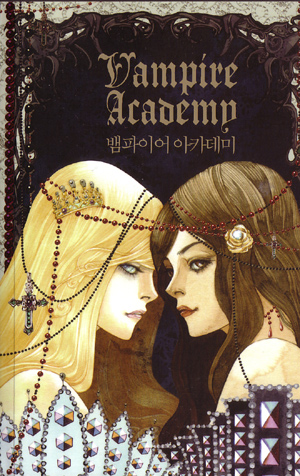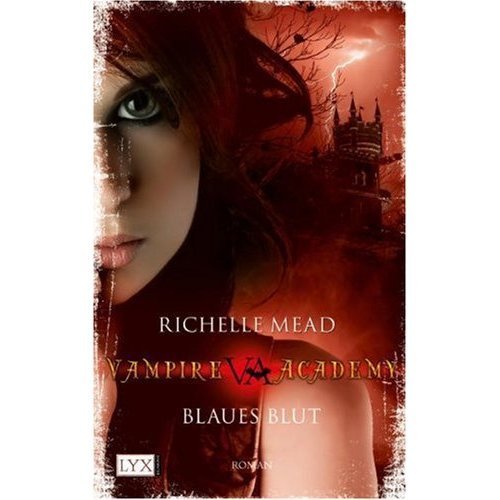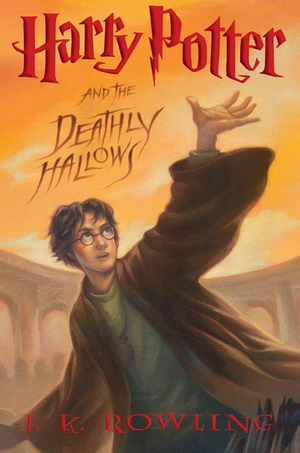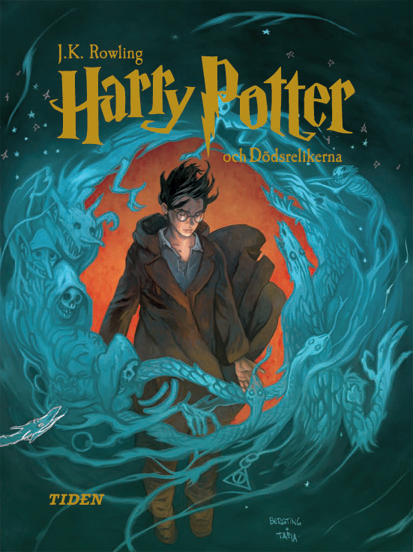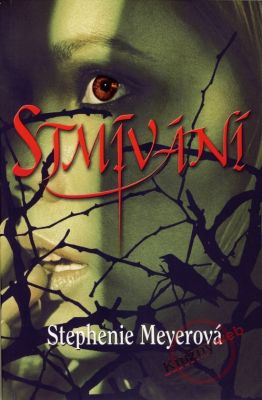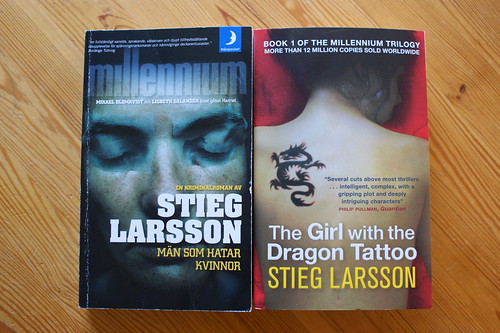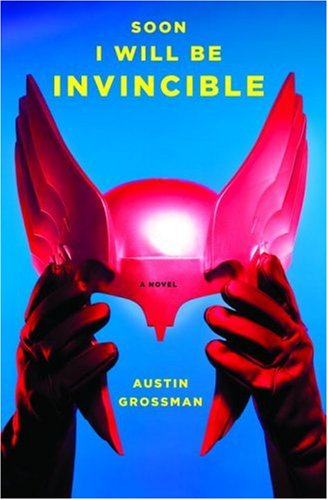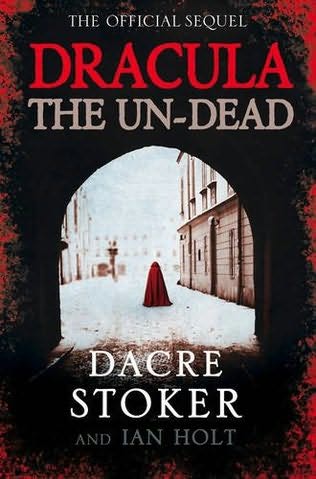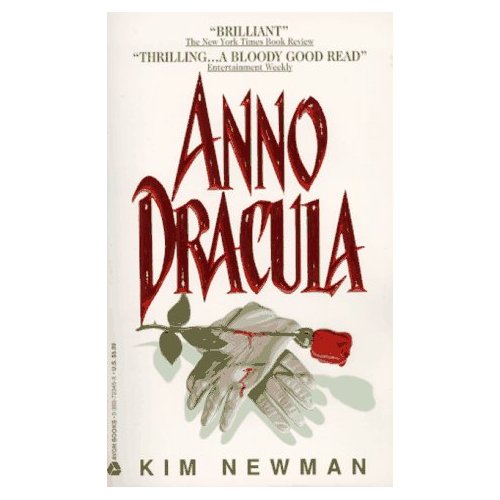I was in my Hugo phase at the time. I had just read Hunchback, and wanted more of that depressingly picture mixture of sadness and thought. So I read through Dumas, then latched onto the ginormous French edition of Les Mis. It was amazing - and the reason I thought (and still think) it was amazing was do to the use of multiple perspectives to etch out the idea of "loneliness".
Enter Jojo Moyes' The Peacock Emporium:
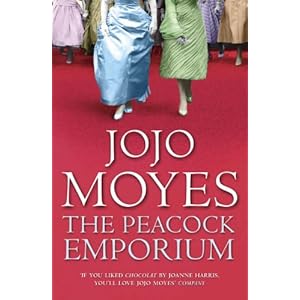
Athene Forster is the most glamorous girl of her generation. She is also beautiful, spoilt and out of control. And two years after her marriage to the steady young heir to a farming estate the rumours have begun again.Thirty-five years on, Suzanna Peacock is saddled with her dazzling mother's legacy, at odds with her father and his second wife and struggling in a stalled marriage. The only place she finds comfort is in her shop - The Peacock Emporium. There she makes the first real friends of her life, including Alejandro, who is escaping his own ghosts in Argentina...
That synopsis can be found here and it is the same that is found on the back of the book, but I think it does the book itself a disservice. It starts out confusing and slow - and the time shifts within the novel can also be challenging, but when it all comes together the reader is left with a feeling of completeness. As if the pain and loneliness and the trials were all worth it to come to the realization that life is the most it can be when lived and loved, and to hide away and be afraid of your own life, is not way to live.
My favourite character is probably the character of Vivi. Suzanna's mother but so much more - the second part of the book is told from her perspective as a chubby blonde girl in the 1960s with a crush on her best friend and a sunny very innocent personality. When that best friend overlooks her for another, she takes it all within her and moves on - but never completely does. Though she moves to London and has a new life, filled with friends and a boyfriend, she never really gets over Douglas. And hearing about his tragic life through the grapevine, Vivi becomes a shadow of herself, hanging on desperately to each scrap of news from him, but never gathering the courage to face him. For most of the book you are left wondering what happened to bring them together, and you just cannot understand ... and then when you do, you realize that all the loneliness in the world is in some way chosen. And that giving up pride and such will be worth the love in the end.
I make it sound sappy - it isn't. It's a deep and moving book that made me cry. Me, cry. Exactly. It is well thought out and it pulls no punches.
That being said, I thought the ending was rushed.
You saw it coming, then it went - there was not much to experience in between. Though that scene at the Emporium with Ale and Suzanna goes on my top Ten.
Athene herself is interesting. You spend most of the book dismissing her because she paints such an awful picture. And then right at the end, your heart bleeds for her - for the bed she made for herself. The pain and the loss of herself to circumstance. To give a spoiled brat such character is hard - but it was satisfying. The loss is even more pronounced as no one knows of her personal struggles, since she's dead and no one could ever ask her. It makes such a tragic story.
This is a short review. I may lengthen it in future.
I am up to ...40 books I think? Not bad! :D
Cheers!











